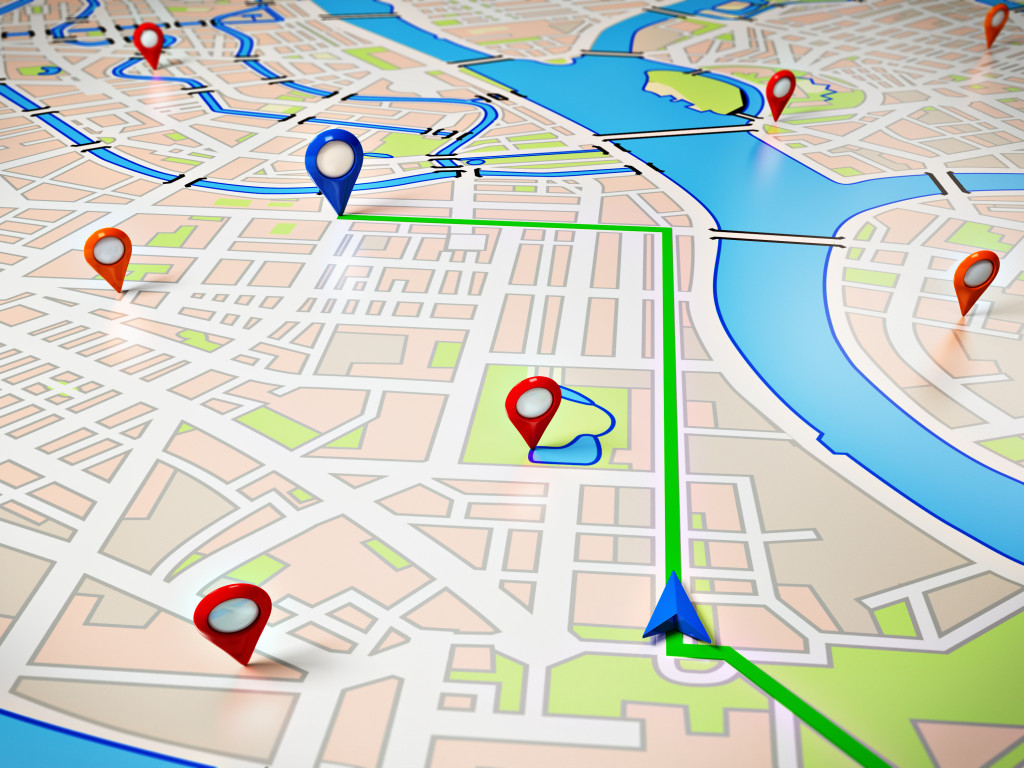- Starting a logistics business requires a hefty initial investment, but buying used equipment can save money.
- Supply chain optimization is critical to reducing operating costs, consolidating shipments, and planning efficient routes.
- Building relationships with suppliers and partners can benefit your business with favorable payment terms and shared storage.
- Investing in employee training can improve efficiency, reduce risks, and improve customer service.
- Technology advancements, such as transport and warehouse management systems and GPS tracking, can streamline operations and reduce costs.
Congratulations! You have decided to embark on the exciting adventure of starting your own logistics business. This could be a daunting task for most people, given the initial capital investment required to set up and the operating expenses involved. But with the right strategy, a tight budget need not limit the growth and success of your logistics business.
In this blog, you will learn about proven tips that will help you set up and run your logistics business on a budget. These tips are based on years of experience from industry experts and successful business owners who have started and grown their logistics businesses on a shoestring budget.
Optimize Supply Chain
Effective supply chain management is critical in the logistics industry, and optimizing it can significantly reduce operating costs. Consider partnering with local storage facilities to reduce rent costs, consolidate shipments to reduce transportation costs, and plan for efficient delivery routes to minimize fuel consumption. Optimizing your supply chain will ensure that you get the best possible price on goods and services, reducing your costs and helping you maximize profits.
Purchase Used Equipment

Setting up a logistics business requires a hefty initial capital investment, especially if you purchase new equipment. But opting for used equipment can save you a considerable amount of money while still fulfilling your business requirements.
For example, purchasing used trucks instead of brand-new ones can save you a great deal of money. Not to mention there are plenty of used trucks that are in good condition and can serve your business needs perfectly well. Just make sure to partner with a reliable used truck dealer that can provide you with quality trucks at reasonable prices.
Negotiate with Suppliers and Partners
Relationship building is a vital aspect of logistics business success, and that includes negotiations with suppliers and partners. Establish mutually beneficial relationships such as sharing storage facilities, co-loading shipments, and partnering with other logistics businesses. Negotiate favorable payment terms with suppliers for discounts on volume purchases and lease or rent equipment instead of purchasing outright to conserve cash flow.
Invest in Employee Training
Your workforce is the backbone of your logistics business, and investing in their training is crucial. Training your employees on safety procedures, technological tools, and industry best practices improves their efficiency, reduces risks, and improves customer service. Consider on-the-job training, online courses, or subsidizing external training and certification programs to equip your employees with the necessary skills to grow your business.
Leverage Technology
Technology advancements have revolutionized the logistics industry, making it more accessible and efficient. Invest in technology that streamlines your operations, such as the following:
Transport management systems
Transport management systems are essential for any logistics business, as they provide real-time tracking and visibility of shipments. Transport management systems also help with route optimization and fuel consumption analysis, which can reduce operational costs.
Warehouse management systems
A warehouse management system streamlines inventory management processes, helping you to track the movement of items within your warehouse. This allows you to optimize space utilization, improve order accuracy, and keep up with ever-changing demand patterns in the market.
GPS tracking systems

GPS tracking systems offer insights into the location of your vehicles and pinpoint delivery efficiency. This helps to optimize route planning, reduce fuel consumption, and lower operational costs.
Electronic data interchange systems (EDI)
EDI systems streamline inter-organizational information exchange, which reduces paperwork and communication errors. These errors can be costly in the long run and affect customer service adversely.
By investing in the right technology for your logistics business, you can enjoy improved efficiency, reduced costs, and better customer service.
Starting a logistics business on a budget is possible if you are willing to invest in used equipment, optimize your supply chain, negotiate with suppliers and partners, train employees effectively, and leverage technology. With the right strategy and approach, it is entirely feasible for entrepreneurs to start their own successful logistics business without breaking the bank.
If done correctly, this can be an incredibly rewarding venture that brings success both financially as well as professionally. The tips outlined in this blog should give you all the guidance needed to get started on setting up your logistics business.

